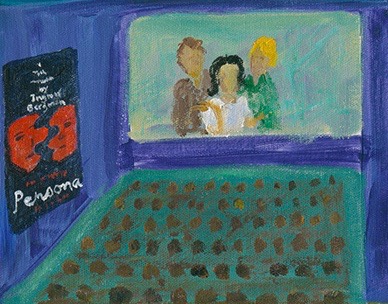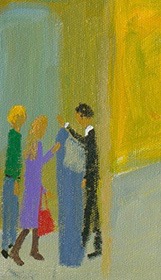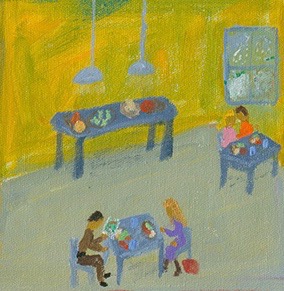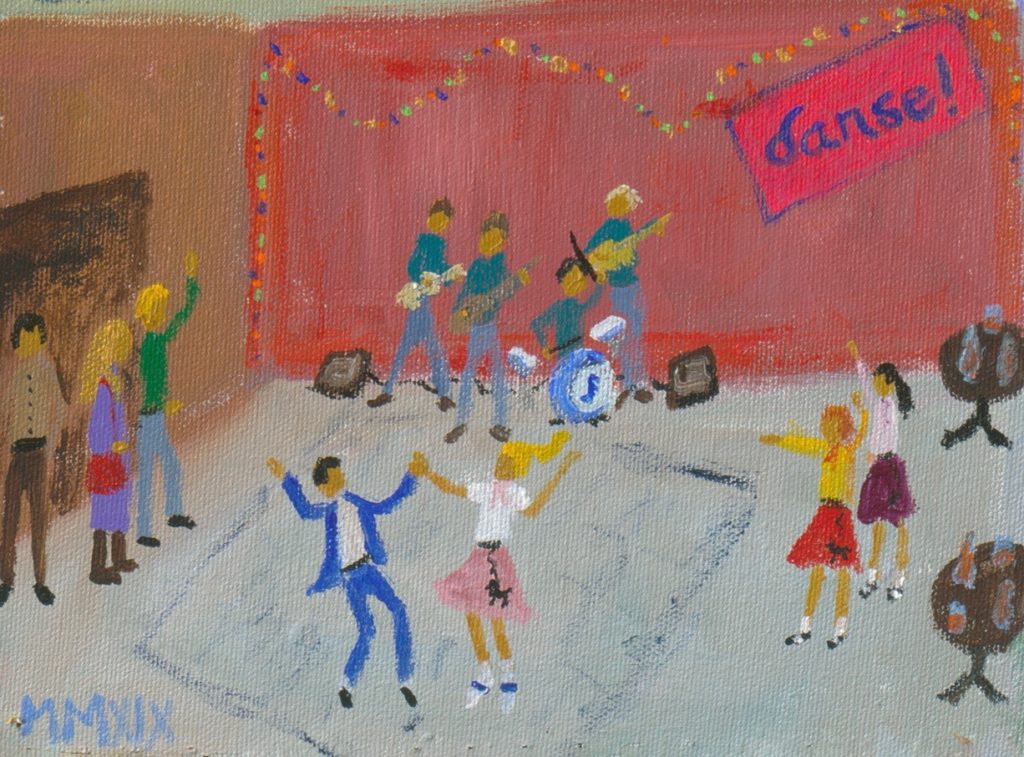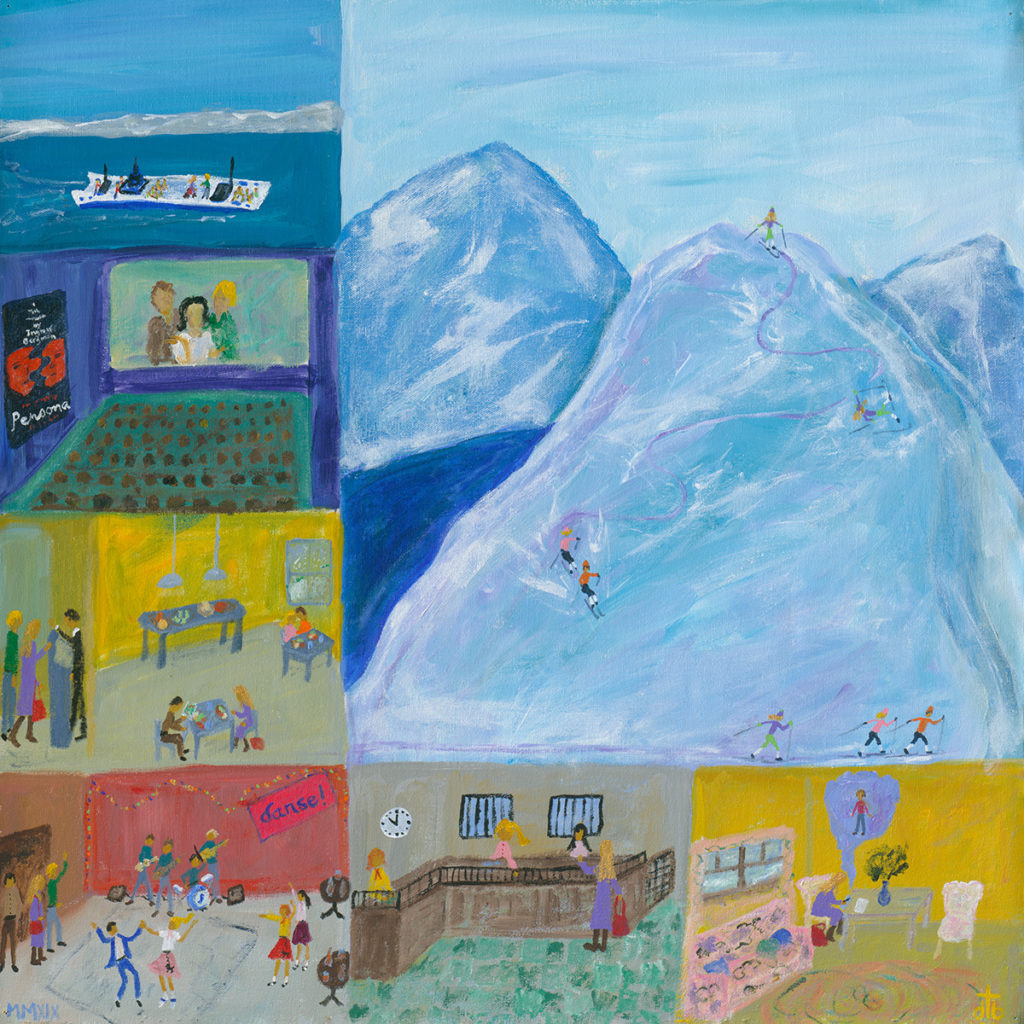
After my narrow escape at the Paris airport, I arrived in Stavanger, Norway without money or drugs. I was completely shaken. But I managed to find the marina where I boarded a small hydrofoil that took me through the fjords to the tiny village of Sauda where I had booked a room near a ski resort.
There were only a handful of passengers on the boat. As I tried to gather my thoughts, a handsome man came up and introduced himself as Bernt Lindekleiv. In broken English he asked where I was going. It turned out he was returning to his home village to be interviewed and photographed for an article in a Norwegian magazine. He seemed kind and I needed a Norwegian-speaking ally, so I told him my dilemma.
When the boat landed at Sauda, Bernt took me to the hotel and explained to the manager that I had spent all my money and would need to have funds wired from the States. I used the hotel phone to call overseas and beg my angry father to send money to the local bank. When Bernt stepped away from the desk for a moment, the manager asked me how well I knew Bernt. I said I had just met him. He shook his head and glared at me, “He’s bad, very very bad.” Why? I wondered. “He’s an actor!!” He nearly spit the word at me. “He goes on stage!” I felt like I was in the Twilight Zone.
Bernt invited me to the photo shoot in the countryside the next morning, but I was confused and declined. Besides I was hoping to spend the day skiing. At breakfast the following morning I learned that the only other guests at the hotel were a Norwegian couple on their honeymoon who spoke no English and the journalist from Oslo who came to interview Bernt. I sat down with the journalist and asked if Bernt was someone I could trust. He scoffed and said Bernt was a movie star who worked with Ingmar Bergman. I can only imagine what the reporter thought of me.
After the reporter and Bernt left for the photo shoot, I got bad news: the ski lifts weren’t operating because it was after Easter. My only option was to go cross country skiing with the honeymooners. I had never skied cross country but I figured it couldn’t be that hard. The hotel packed us lunches and we took off, first on flat ground, then gradually making our way up the mountain until we reached the summit and could see the fjords far below. The ascent was easy because animal fur on the bottom of the skis kept me from sliding backwards.
We ate our lunch on the top of a ridge, nodding and smiling but not saying a word. When the couple got up to continue our trek I followed them. Suddenly I realized we were at the top of a steep ski run. They said something in Norwegian and took off, traversing the slope with a strange maneuver, bending their uphill knees almost to the ground to make each hairpin turn. I didn’t know how to do that. My boots were only held in bindings at the toes with nothing to anchor my heels and I was helpless to engage my edges to turn. But there was no other way down the mountain. All I could do, at every traverse, was wrench my boot from my binding and fall. I hurt myself over and over and sobbed all the way down the mountain.
Every day I went to the bank to see if my father’s money had arrived. The town was so small that everyone knew who I was. All I had to do was open the door of the bank and the tellers would shake their heads: no money.
On Bernt’s last night he invited me and the reporter to a dance in town. Everyone was thrilled to see Bernt—and not so happy to see me. All the girls wore poodle skirts and saddle shoes, as if it was a 1950s sock hop. Alcohol, of course, was banned, along with the movie taboo. Bernt was their famous black sheep.
The band sang in Norwegian while the dancers did the jitterbug. At one point I realized they were singing in English and playing America by Simon and Garfunkel. “Michigan seems like a dream to me now / It took me four days to hitchhike from Saginaw / I’ve gone to look for America,” I started to cry. John was from Saginaw.
It took a whole week for the money to arrive. By then Bernt and the honeymooners were gone. I had planned on skiing and getting high and finding other people like myself. Instead I had nothing to do but sit in the frumpy hotel living room, aching from my injuries and sinking deeper into depression. The only distraction I had with me was The Four Quartets by T.S. Eliot—not exactly cheery reading. I cried and felt sorry for myself. I was desperate to connect with someone. I wrote a poem on the end pages of my book and realized again that John was my very best friend.

